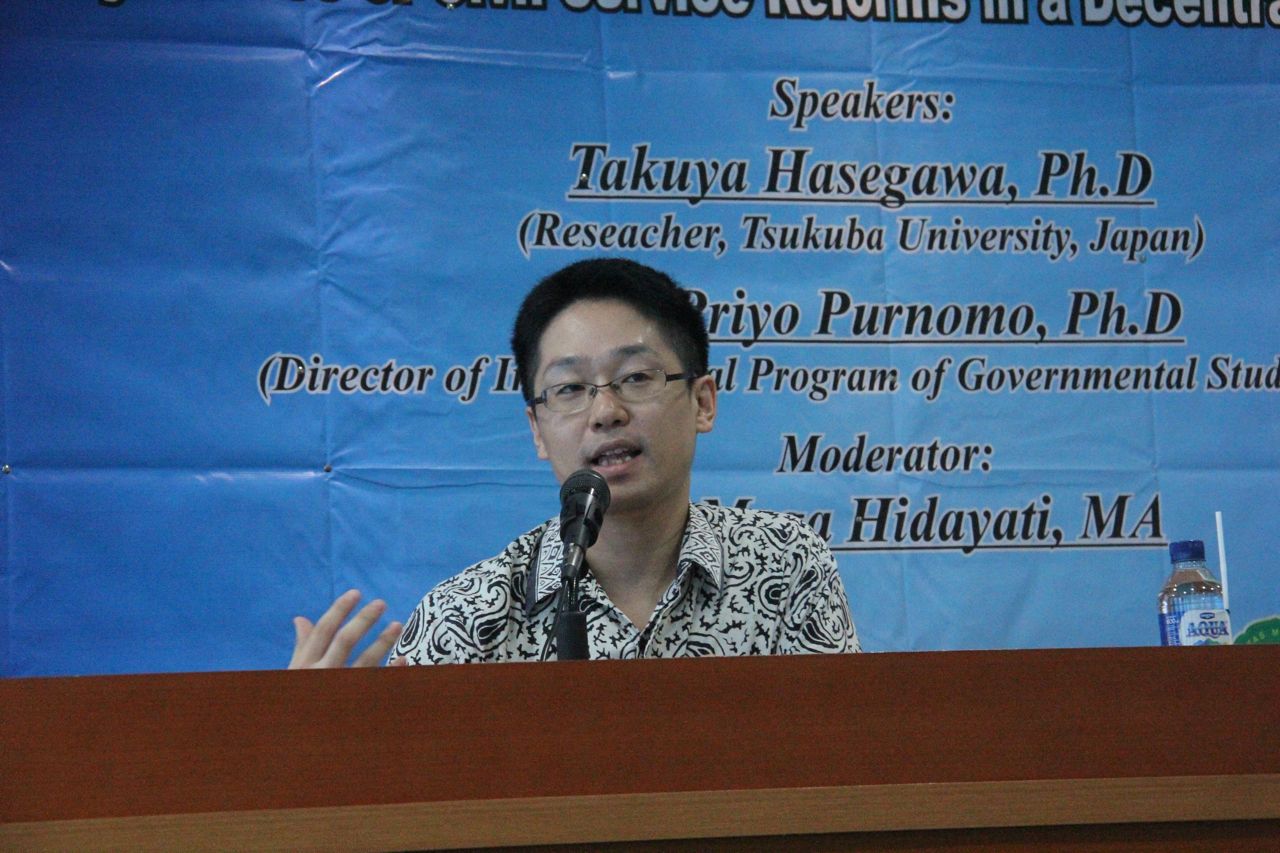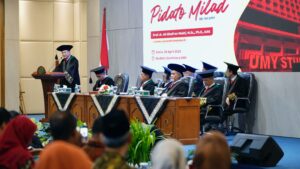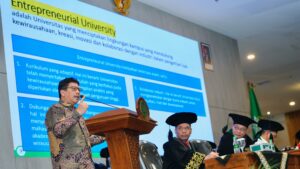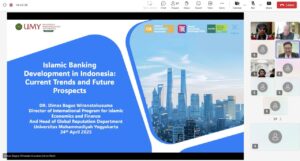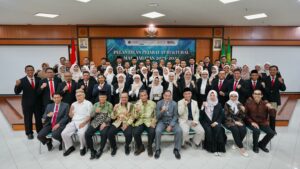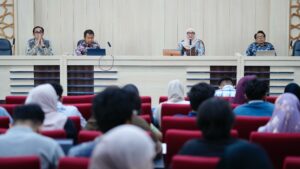The fall of Soeharto brought a new atmosphere in Indonesian political life. In the field of Indonesian politics, scholars started to conduct deep explorations concerning with the quality of democracy in Indonesia. This leads some scholars in Indonesia to apply oligarchy theory for analyzing the phenomenon. Syamsuddin Haris, a leading political analyst at the Indonesian Institute of Science (LIPI), for instance, proposes the term “oligarchic political party” (oligarki partai) in 2005. This term itself caught the hearts of Indonesian people concerned about elite dominance, although, in my opinion, his paradigm is blunt and quite ambiguous because it does not discuss well enough to what extent decision making power of political parties should devolve from the leadership of a few persons to more representative procedures. The term, oligarchy party, has also been used by other famous Indonesian political analysts like Sukardi Rinakit, Arbi Sanit, J. Kristiadi, and Yudi Latif. Now, “Oligarchy”, just a jargon of political studies, was widely used in Indonesia by journalists, CSO activists, and politicians.
The aforementioned statements were declared by a research fellow from Tsukuba University, Takuya Hasegawa, Ph.D in public lecture on Oligarchy. The lecture was conducted on Friday (11/12) at Meeting Hal of Graduate School, 4th floor, Universitas Muhammadiyah Yogyakarta (UMY). In the lecture, Takuya Hasegawa emphasized, “Actually oligarchy is the old-fashioned concept and we should challenge these current prevailing arguments stressing persistent elite dominance, and should offer a new perspective to prompt a rethink of the evaluation of Indonesian democracy by indicating the changing aspects.”
From his observation, Takuya found that the changing aspects have been precipitated by the introduction of decentralization which enables local governments to create innovation in the production of public goods and to disseminate these innovations through the mechanism of policy diffusion. For example, the policy of free healthcare services at the district level which started from one district disseminated rapidly to all over the Indonesia. Takuya stressed, “The policy is really occasional and might be considered as trivial, but in my opinion it could change certainly the way of governing of Indonesian local governments.”
Furthermore, Director of International Program of Government (IGOV) of UMY Eko Priyo Purnomo, M.Res., Ph.D. conveyed that oligarchy refers to a government led by minorities. “Oligarchy can be defined that minorities control majorities. In Indonesia, oligarchy is almost similar to political dynasty,” Eko explained. For instance, political parties in Indonesia are commanded by elites who will decide the policies of their party like the elite of PDIP is Megawati, the elite of PAN is Amien Rais, or the elite of Gerindra is Prabowo. They have entire authority to decide their party policies,” Eko informed.
Eko argued that the oligarchy in Indonesia is caused that the decision makers of government have power, network, and capability. Thus, their policies will be difficult to be opposed by other elites not possessing the three supporting factors. “Oligarchy in Indonesia is due to the dysfunction of democracy so that the oligarchy controls bureaucracy,” Eko maintained. On the other hand, bureaucracy is an aspect to take strategic control, to establish law, and represent nation needs.
Eko proposed a solution to diminish the oligarchy practices by encouraging education of civil society. For one reason, the political parties will have regeneration and the parties need well-educated candidates to reduce the oligarchy practices. “The other resolution is by shifting system of political system and general elections in Indonesia,” Eko ended.
